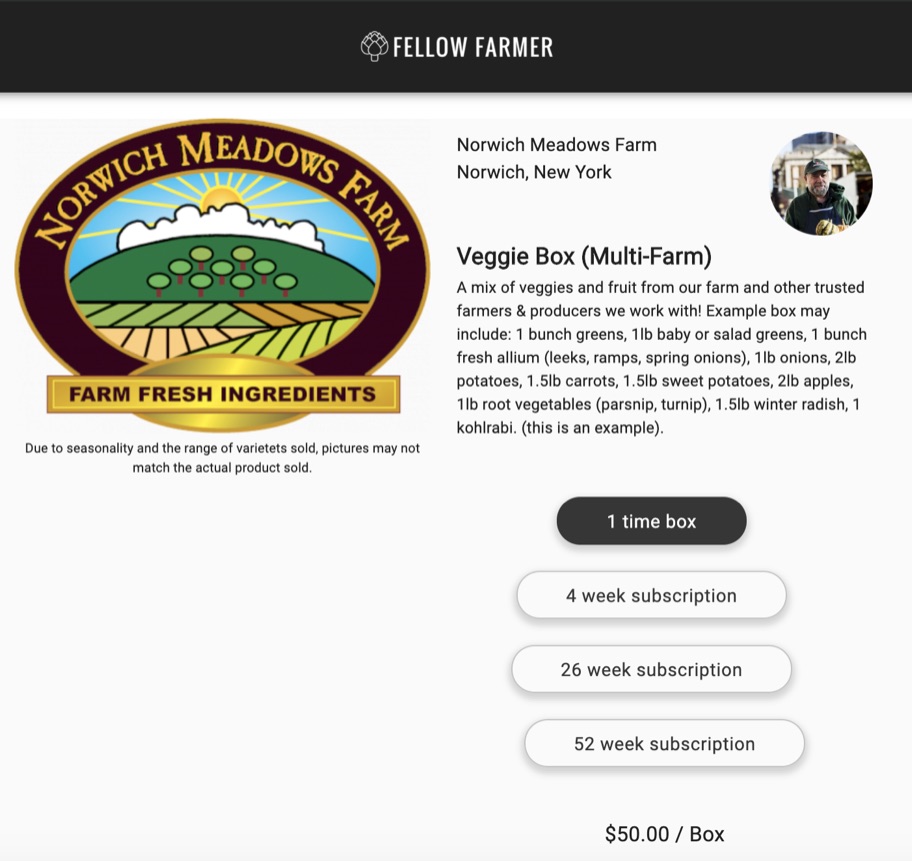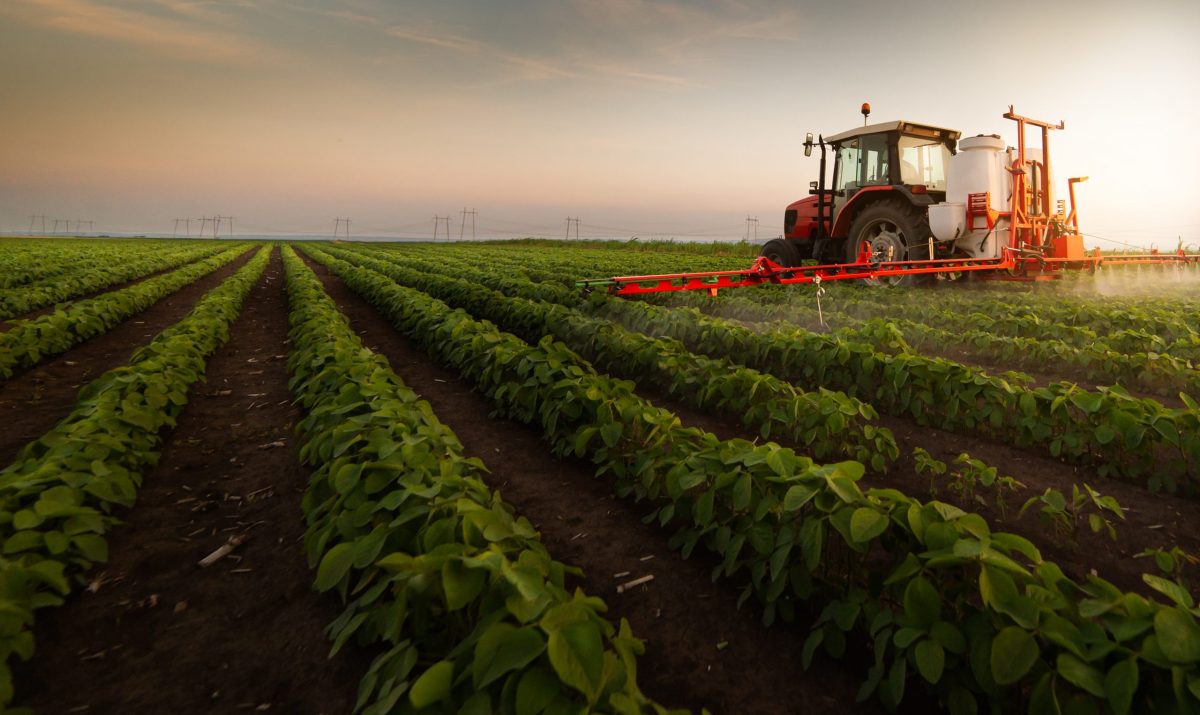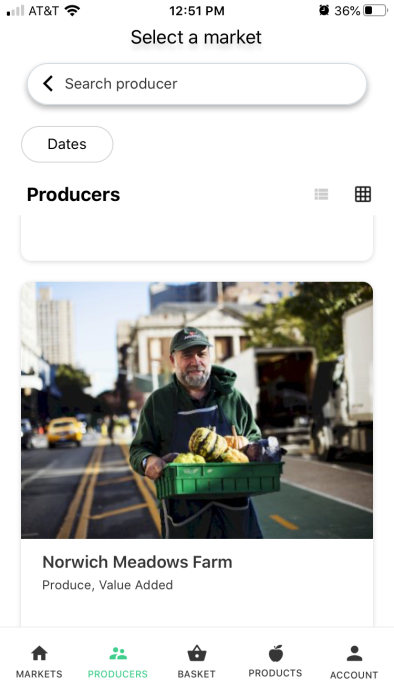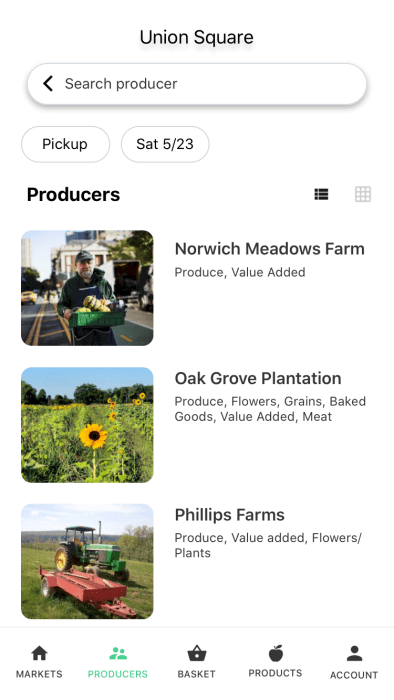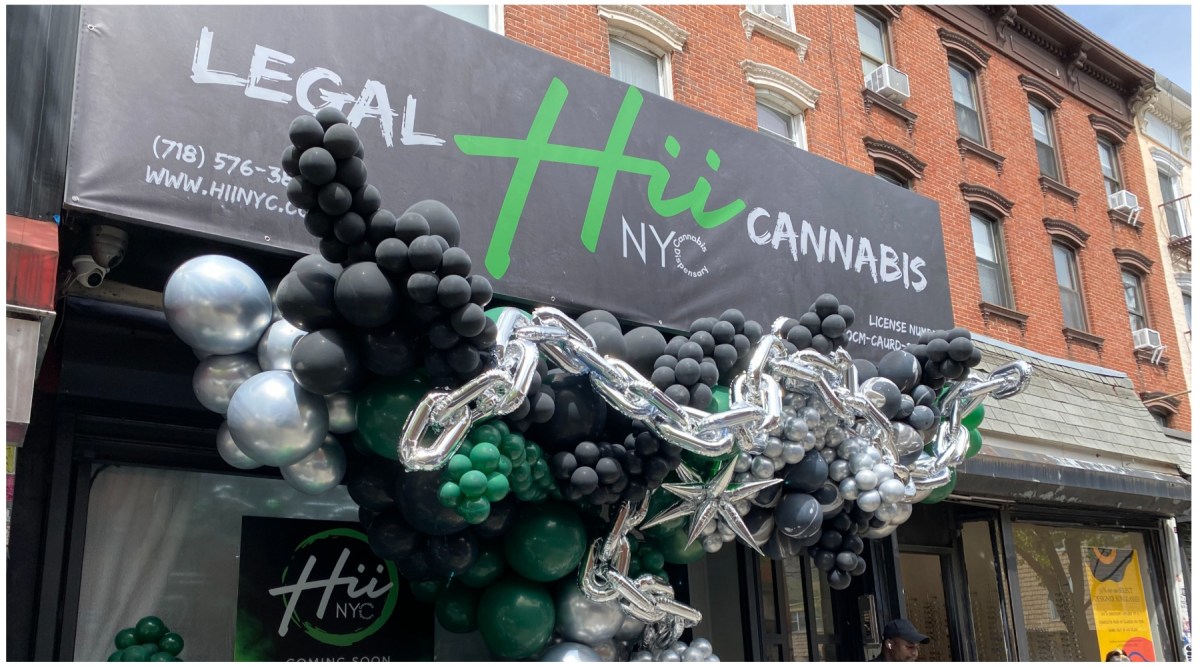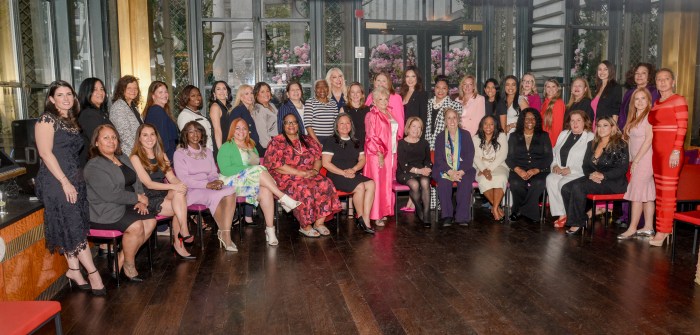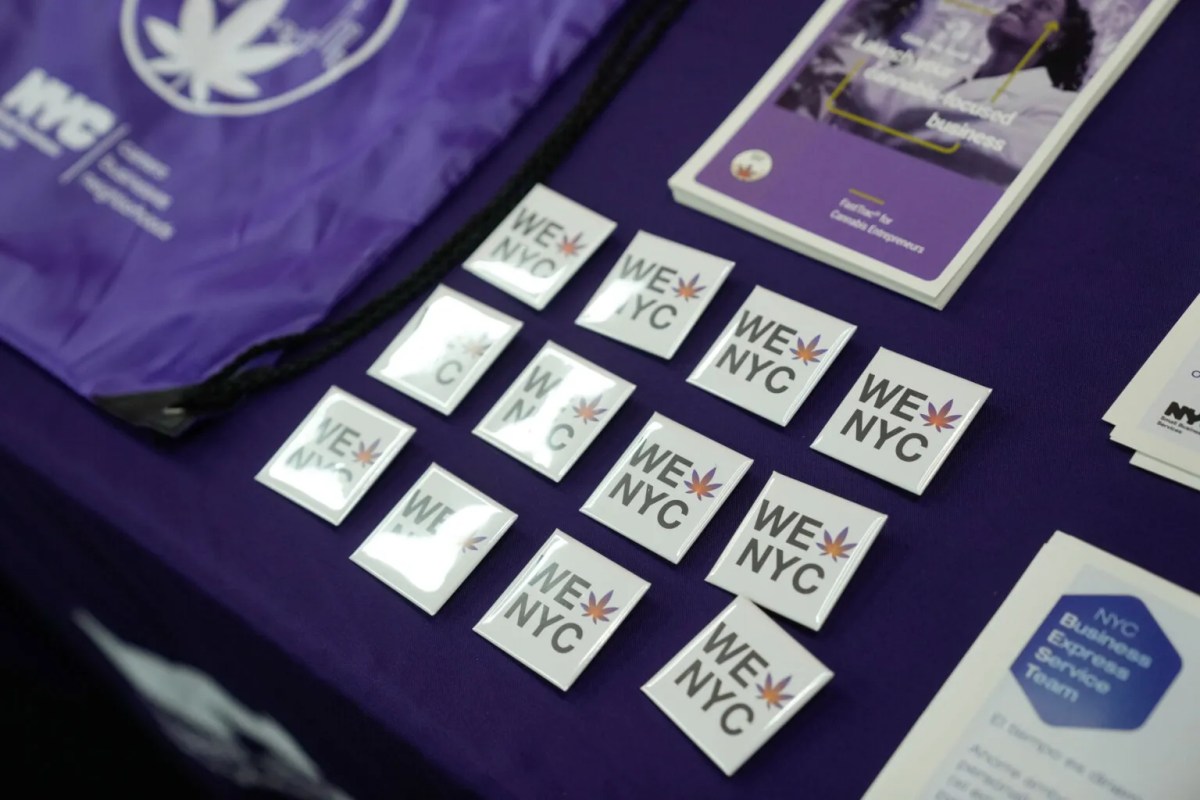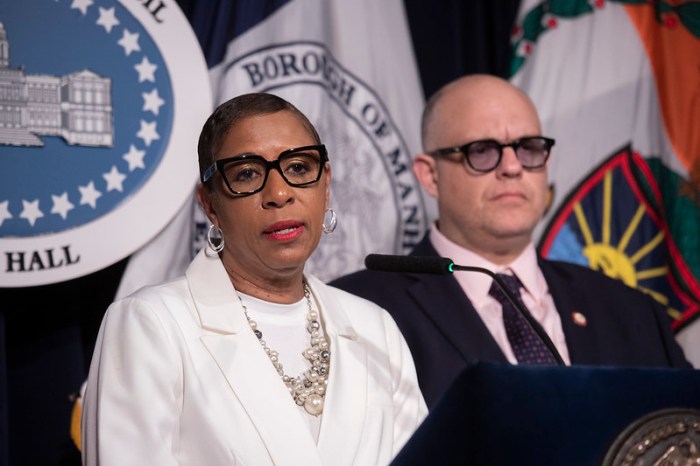BY GRANT LANCASTER
Facing unique challenges during the pandemic, tri-state farmers are turning to e-commerce to increase sales and offset their losses.
An app called Fellow Farmer is giving farmers a chance to sell their produce online and pioneering produce box delivery as a new way of business for some farmers, who are struggling to make up for massive revenue losses from closed restaurants.
Zaid Kurdieh, who runs Norwich Meadows Farm, made as much as 60% of his revenue in a typical year from wholesale to New York City’s restaurants, he said. With that business gone during the city’s lockdown, Kurdieh tried delivering boxes of produce through his own website.
“I was in save-my-farm mode,” Kurdieh said.
Kurdieh is one of the farmers who has partnered with Fellow Farmer, which seeks to offer customers an online farmers market experience, Fellow Farmer Co-founder Ludvig Suneson said.
Suneson and his team started working on the app in 2015, hoping to offer a solution for people who could not make it to market days to buy produce, he said. The feedback he got from farmers was that they preferred help with their wholesale business, so the development of the retail app was put on hold until the start of the pandemic, Suneson said.
Marc Phillips, owner of Phillips Farm in New Jersey, was working with Fellow Farmer on the wholesale side when the pandemic hit, he said.
Moving to embrace online produce sales is one of the ways farms like Kurdieh’s and Phillips’ have tried to fill the gap from wholesale revenues.
“Once this pandemic hit, we threw a lot of spaghetti on the wall,” Phillips said. “And we weren’t sure what was gonna stick.”
The app allows users to pick a market from several of the NYC Greenmarkets and shop for produce from a variety of partnered farmers or pre-packed produce boxes. Users can pick up their items at the market they selected, or opt for delivery if they are shopping at the Union Square market.
“You should be able to get the same products as you normally get,” Suneson said.
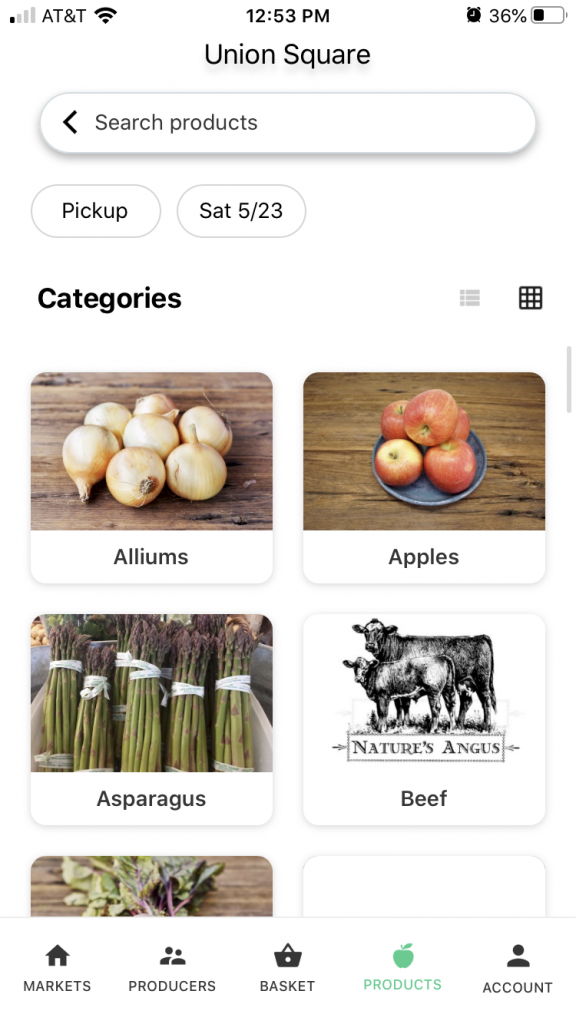
Suneson thinks that the app will become a part of daily life for New Yorkers who want fresh produce even after the pandemic is over, he said. His only regret is not having the retail side of the app prepared earlier.
Phillips is not so sure, preferring to interact with his customers face to face, he said. He hopes delivery through apps like Fellow Farmer will be a pandemic-specific way of getting produce.
“This is not something I want to be doing,” Phillips said.
Phillips is concerned about the additional cost of delivering to many residential addresses instead of a handful of restaurants for wholesale, something that has been a concern for Kurdieh as well.
In addition, Phillips is worried that online shoppers will be less understanding about shortages of produce that happens when buying farm-fresh products at farmers markets, he said.
Most of all, Phillips is not convinced that the e-commerce niche will offer enough sales to offset the restaurant business this summer, which he expects to be virtually nonexistent, even if restaurants begin to re-open.
“I don’t know if the farmers are going to pull it off or not,” Phillips said.
